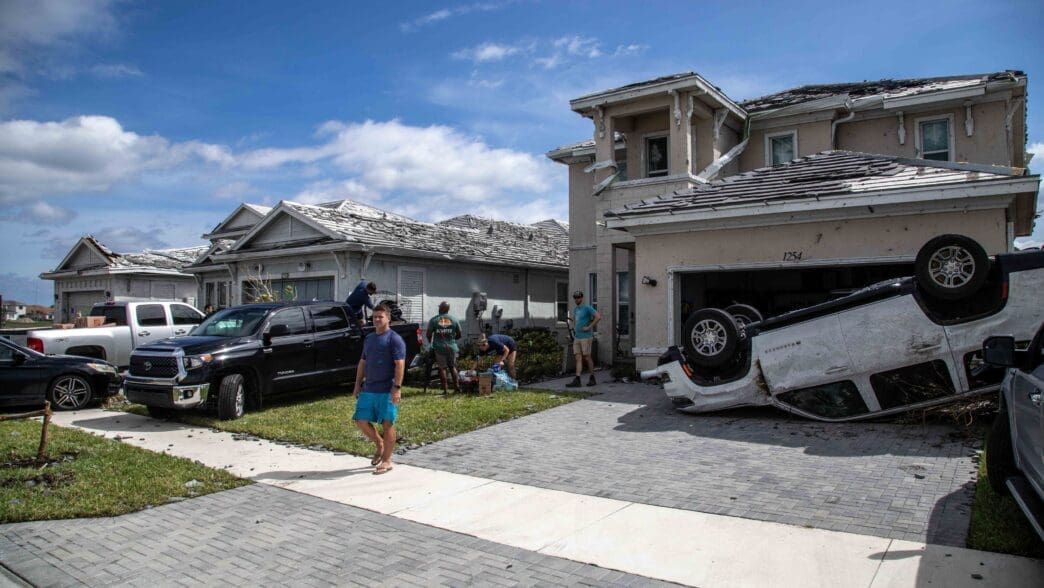In the wake of two powerful hurricanes, Florida’s largest insurer, Citizens Property Insurance Corp., is under scrutiny for closing a significant number of homeowner damage claims without payment. This marks the first hurricane season following legislative reforms aimed at tightening litigation against insurers, raising concerns among policyholders.
Recent data reveals that in 2023, Citizens Property Insurance Corp. closed over half of their homeowner damage claims without issuing payments, a stark increase compared to other insurers in Florida. This trend is noteworthy as it’s the initial major hurricane season since legislative changes were made, which complicate the process for policyholders to challenge their insurance settlements.
According to a report by Weiss Ratings, Citizens denied payment in 50.4% of claims, whereas University Property & Casualty did so in 36.7% of cases, and Castle Key Insurance along with State Farm Florida ranged between 46% to 47.1%. These findings have drawn public and media attention, leading to criticism from Citizens’ Claims Committee and its chief insurance officer, Jay Adams, who claims the data might be misleading.
Adams acknowledged that Citizens indeed has a high rate of claims closed without payment, attributing this to several factors. Some claimants may not be actual policyholders under Citizens due to policy transfers. Additionally, Citizens’ substantial hurricane deductibles require greater damage levels before payments are issued. Furthermore, storm surge damage, which Citizens policies do not cover, necessitates a formal claim denial for FEMA assistance.
In 2024, the pattern appears to continue with Hurricanes Debby and Helene, as more than 50% of claims have thus far been closed without payment. Citizens has processed numerous claims, with 87% of Debby’s and 90% of Helene’s already closed. Despite this, Adams suggests that actual damage was minimal, indicating that the storm surge, rather than wind damage covered by insurance, might be the culprit. Consequently, many policyholders remain uncompensated.
Critics, such as Democratic Representative Hillary Cassel, argue that the recent tort reforms diminish insurers’ accountability, potentially leading to further neglect of policyholders’ needs. Cassel highlights the lack of incentive for insurers to act in consumers’ best interests post-storm, signaling a possible negative trend in future claim resolutions.
Furthermore, Adams remains resolute, explaining that Citizens insures many coastal properties and provides wind-only coverage, which naturally leads to a higher rate of claims closure without payment compared to comprehensive policies. This stance, however, does little to appease policyholders who face an uphill battle in receiving compensation.
As Florida braces for recurring hurricane impacts, the rising rate of unpaid claims by Citizens Insurance exemplifies the ongoing challenges in balancing policyholder needs with legislative reforms. While insurers defend their practices under new legal frameworks, policyholders demand clarity and fairness in the claims process, highlighting a critical conversation in the evolving landscape of insurance accountability.
Source: News-journalonline








